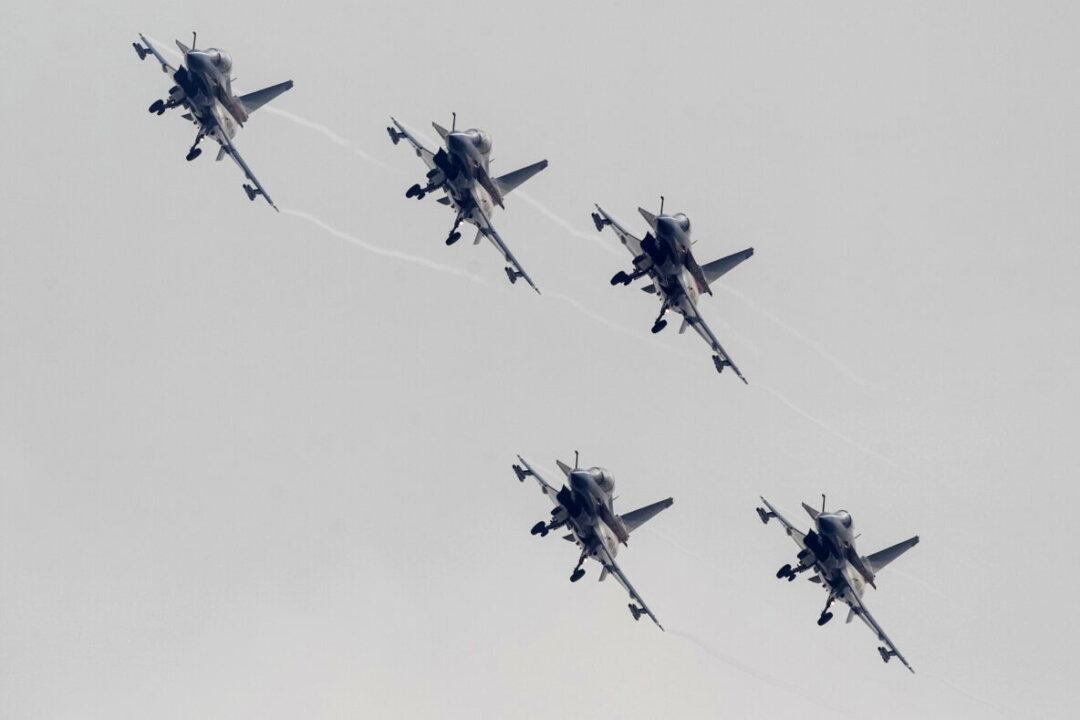Defence intelligence agencies were worried that Moscow’s invasion of Ukraine would embolden China to do the same with Taiwan, says the chief of Canada’s military intelligence branch, noting the West’s swift response to the conflict could deter China.
“Prior to a week ago, we were very concerned about China and in fact wondering if China would take the opportunity to accelerate their own plans for greater control of their near abroad, specifically Taiwan,” Major-General Michael Wright told the Standing Committee on National Defence (NDDN) on March 2.





